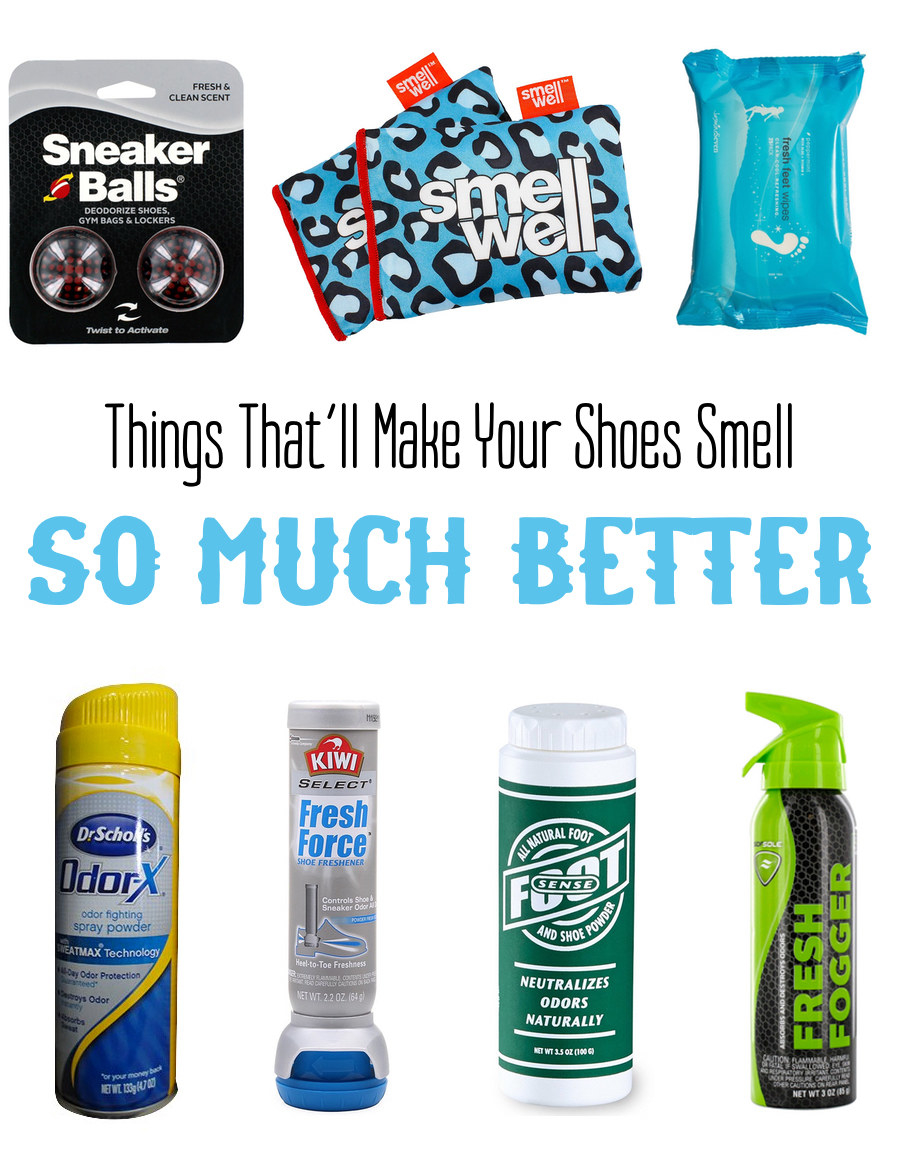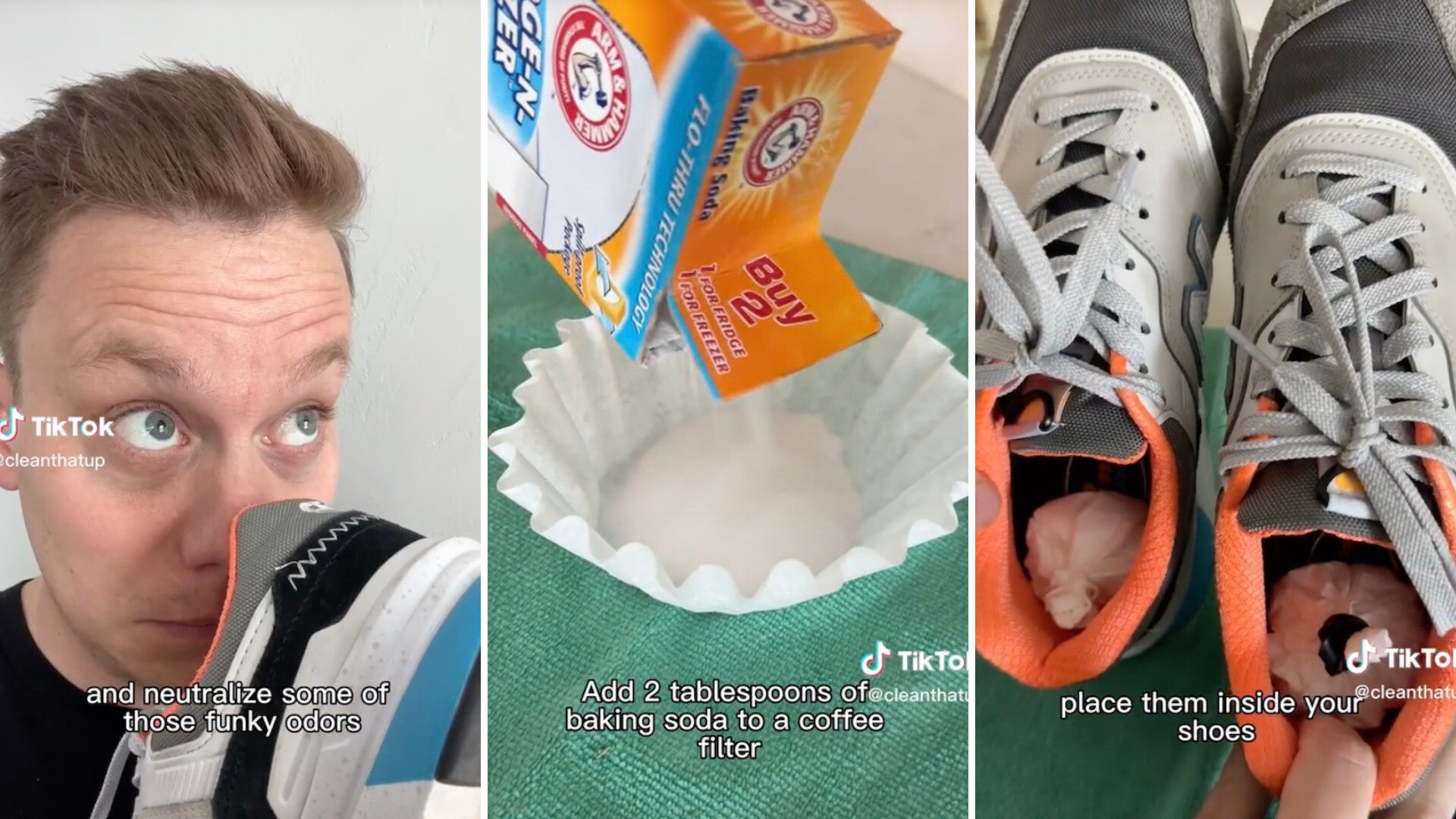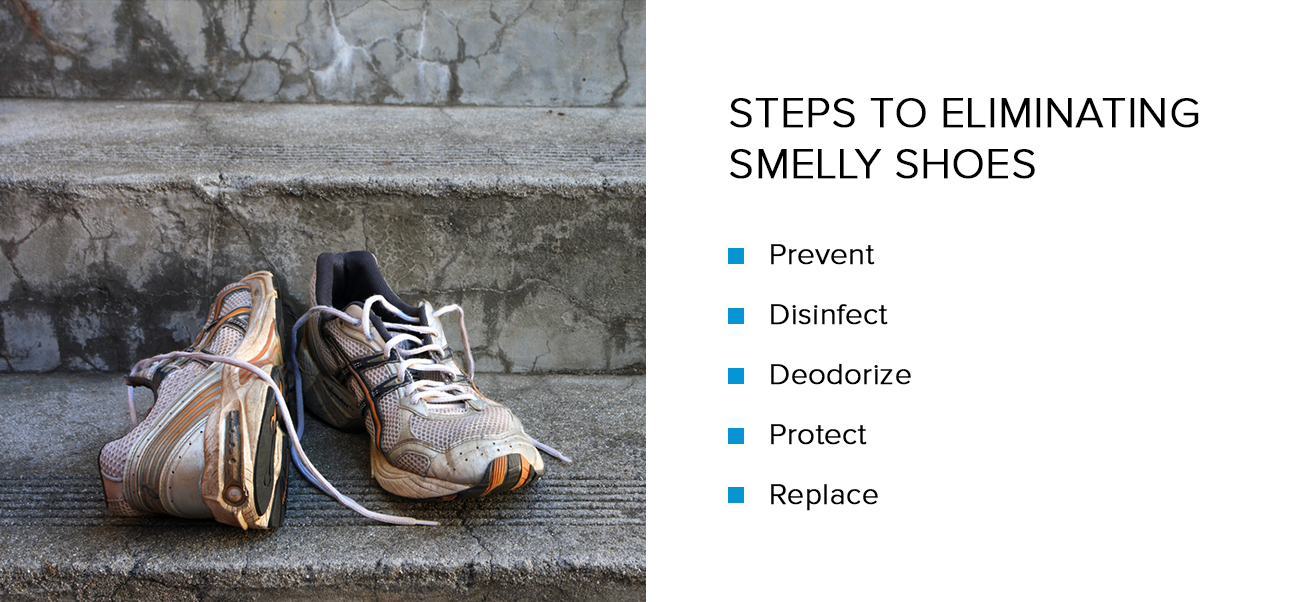Let’s face it: no one wants to deal with stinky shoes. Whether you’re an avid runner, a fashion enthusiast, or just someone who loves comfort, musty footwear can ruin your day. In this comprehensive guide, we’ll delve into effective methods to make your shoes smell better, ensuring you not only feel good but also make a great impression wherever you go.
Understanding Shoe Odor: Where Does It Come From?
Shoe odor can be a pesky problem, and it often arises from sweat, bacteria, and moisture trapped inside your favorite footwear. During activities like running or walking, our feet naturally sweat, creating the perfect breeding ground for bacteria. When these bacteria accumulate, they release unpleasant odors that are hard to ignore.
Common Causes of Shoe Odor
- Sweat and Moisture: Feet can produce sweat throughout the day, leading to moisture buildup inside shoes.
- Bacteria and Fungi: These microorganisms thrive in warm, damp environments, contributing significant odors.
- Material Quality: Shoes made from synthetic materials often lack breathability, trapping moisture and odors more than natural materials.
Identifying Different Types of Odor
Understanding the type of odor can help in addressing the issue effectively. Here are a few common types:
- Musty Smell: Often indicates mold or mildew.
- Vinegar-like Smell: This might be caused by acidic sweat or certain shoes degrading.
- Rotten Egg Odor: This is usually the result of sulfur compounds produced by bacteria.
Effective Methods to Eliminate Shoe Odor
Now that we understand where shoe odor originates, let’s explore practical solutions that have been tested and proven effective by footwear enthusiasts across the country.
1. Baking Soda: The Natural Deodorizer
Baking soda is an excellent odor absorber. Simply sprinkle a few tablespoons of it into your shoes and let it sit overnight. In the morning, shake out the excess. This method not only helps to neutralize odors but also absorbs moisture.

Pros and Cons
| Pros | Cons |
|---|---|
| Inexpensive and widely available | Requires overnight treatment |
| Natural and chemical-free | May not work for severe odors |
2. Essential Oils: A Fragrant Solution
Essential oils like tea tree, lavender, and peppermint not only smell fantastic but also possess antibacterial properties. Mix a few drops with water in a spray bottle and spritz the inside of your shoes for a refreshing scent.

Case Study
One popular U.S. running community reported that using lavender oil significantly reduced odor after long training runs. Many members noted that it also left a calming scent, enhancing the overall post-run experience.
3. Cedar Shoe Trees: A Classic Option
Cedar shoe trees are a timeless choice for combating shoe odor. They naturally absorb moisture and odors, maintaining the shape of your shoes. Insert them overnight after use for the best results.

Successful Product Highlight
One of the best-rated cedar shoe trees in the U.S. is the Woodlore Premium Cedar Shoe Tree, with an average rating of 4.8 stars from over 2,000 reviews on Amazon. Users rave about the quality and effectiveness in eliminating odor while preserving shoe shape.
4. Vinegar Solution: A Quick Fix
A vinegar solution can neutralize many odors. Mix equal parts of water and white vinegar, spray it inside your shoes, and let them air dry. The vinegar smell will fade, taking the unwanted odors with it.

Pros and Cons
| Pros | Cons |
|---|---|
| Quick and effective | Temporary vinegar smell |
| Cost-effective | May damage some materials |
5. Dryer Sheets: An Underappreciated Gem
Placing dryer sheets inside your shoes can provide a quick fix for shoe odor. They add a pleasant fragrance while absorbing some moisture. This method is particularly favored among busy professionals for on-the-go freshness.

Real-World Experience
A group of office workers tested dryer sheets in their shoes and reported a noticeable difference in smell by the end of the day, leading to increased overall comfort during their long work hours.
6. Freezing Shoes: The Cold Treatment
Using the cold to eliminate bacteria is another effective method. Seal your shoes in a plastic bag and freeze them overnight. This kills bacteria and fungi responsible for unpleasant odors.

Tips for Success
- Ensure your shoes are moisture-free before freezing.
- Let the shoes thaw and dry completely before wearing them again.
7. Cornstarch: Moisture Absorption
Using cornstarch can help absorb excess moisture in shoes. Sprinkle some inside and leave it overnight. Cornstarch is particularly useful for detailing your summer footwear.

8. Regular Cleaning: Maintain Freshness
Regular cleaning of your shoes is essential to prevent the buildup of odor-causing bacteria. Depending on the shoe material, you may need to hand wash or machine wash them.
Cleaning Tips Based on Material
- Leather: Use a damp cloth and a specialized leather cleaner.
- Canvas: Most canvas shoes can be machine washed; check the label first.

9. Natural Fabrics: Choosing the Best Materials
When shopping for new shoes, opt for breathable materials. Shoes made from natural fibers like cotton or leather tend to retain less moisture and odor compared to synthetic alternatives.
Comparison Table: Breathable vs. Non-Breathable Materials
| Material | Breathability | Odor Resistance |
|---|---|---|
| Leather | High | High |
| Canvas | Moderate | Moderate |
| Synthetic | Low | Low |
10. Lifestyle Tips: Daily Habits for Odor Prevention
Aside from direct cleaning methods, adopting daily habits can significantly reduce shoe odor:
- Rotate your footwear daily to allow for drying.
- Choose moisture-wicking socks to keep feet drier.
- Keep your shoes in a well-ventilated area.
Conclusion: The Path to Fresh Footwear
Shoe odor is an issue that many face, but with these ten techniques, you can keep your footwear smelling fresh and pleasant. Whether you’re at work, in the gym, or out on the town, these tips will ensure your shoes are a source of confidence, not embarrassment. With a little attention and the right products, you can enjoy your favorite pairs without the fear of unpleasant odors dragging you down.
FAQs About Making Shoes Smell Better
1. Can I use commercial shoe sprays for odor removal?
Yes, many commercial shoe sprays are formulated to combat odors effectively. Opt for those containing natural ingredients to avoid harsh chemicals.
2. How often should I clean my shoes to prevent odor?
It’s advisable to clean your shoes regularly, ideally every few weeks, depending on usage. Frequent wear in hot climates might require more regular cleaning.
3. Are there specific socks that help prevent shoe odor?
Yes, moisture-wicking socks made from materials like merino wool or synthetic fibers can help keep your feet dry and odor-free.
4. Should I wear different shoes every day?
Rotating shoes is beneficial as it allows each pair time to air out, reducing moisture buildup and odor.
5. Can shoe size affect odor?
Wearing shoes that are too tight can lead to excessive sweating, increasing the risk of odor. Ensure you have the right fit.
6. How can I tell if my shoes are too worn out?
Check for visible signs of wear, such as holes or breaks in material, and if they have persistent odors, despite cleaning.
7. Is there a way to store shoes to prevent odor?
Yes, store shoes in a cool, dry place, preferably with good airflow. You can also use silica gel packs in the storage area to absorb moisture.
8. What type of shoe is less prone to odor?
Sneakers made with breathable materials, such as mesh or leather, are typically less prone to odor than non-breathable materials.
9. What should I do if the odor persists despite cleaning?
If odor persists, consider more rigorous cleaning methods, such as soaking or using specialized deodorizing products.
10. Are there any home remedies to avoid shoe odor?
Aside from the methods mentioned, keeping shoes dry and using ingredients like coffee grounds can also help absorb odors.
11. Are there any specific brands known for odor-resistant shoes?
Brands like Merrell, Vionic, and Skechers often incorporate odor-resistant technologies into their footwear.